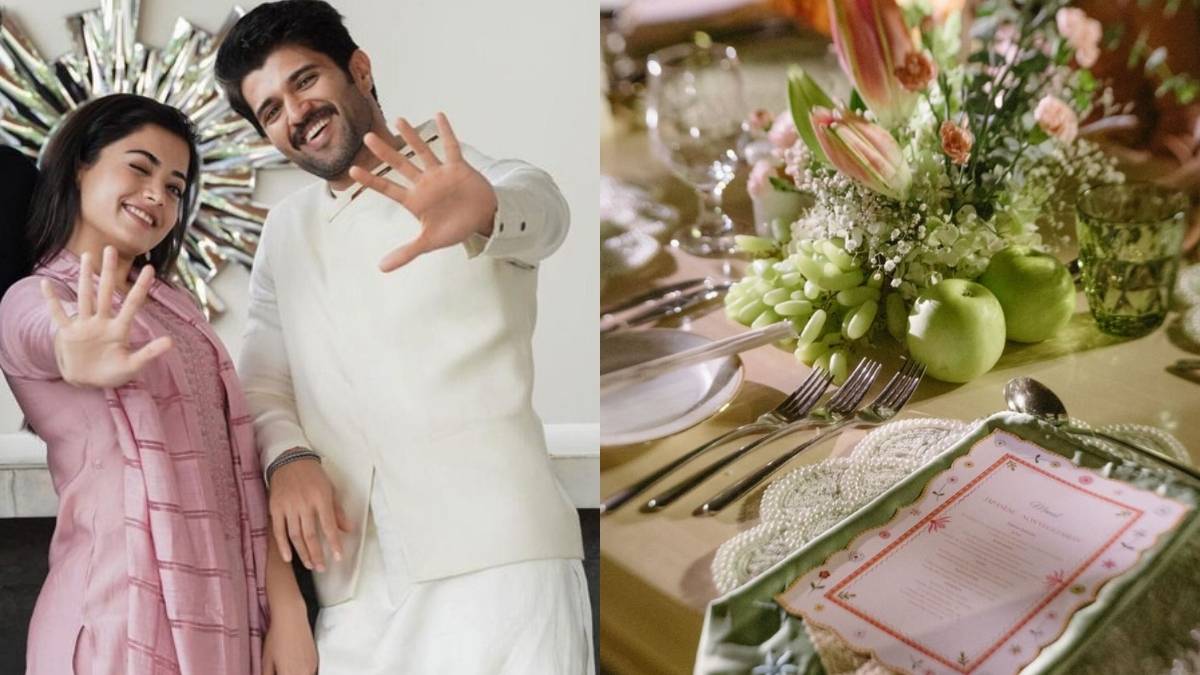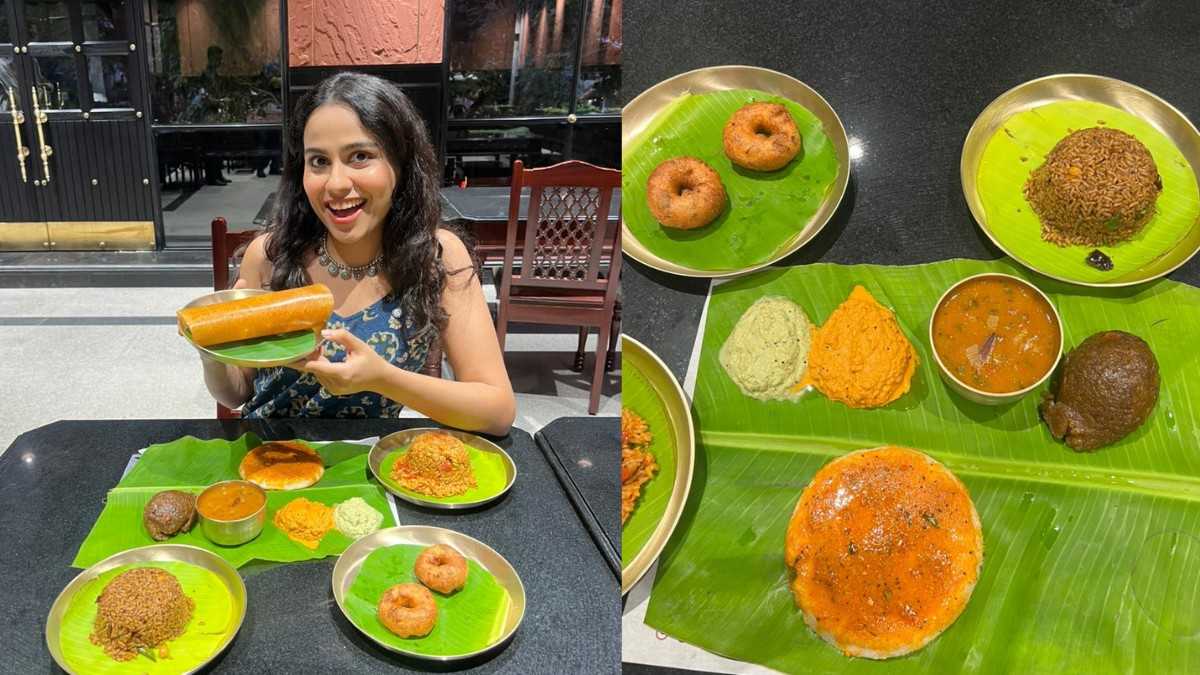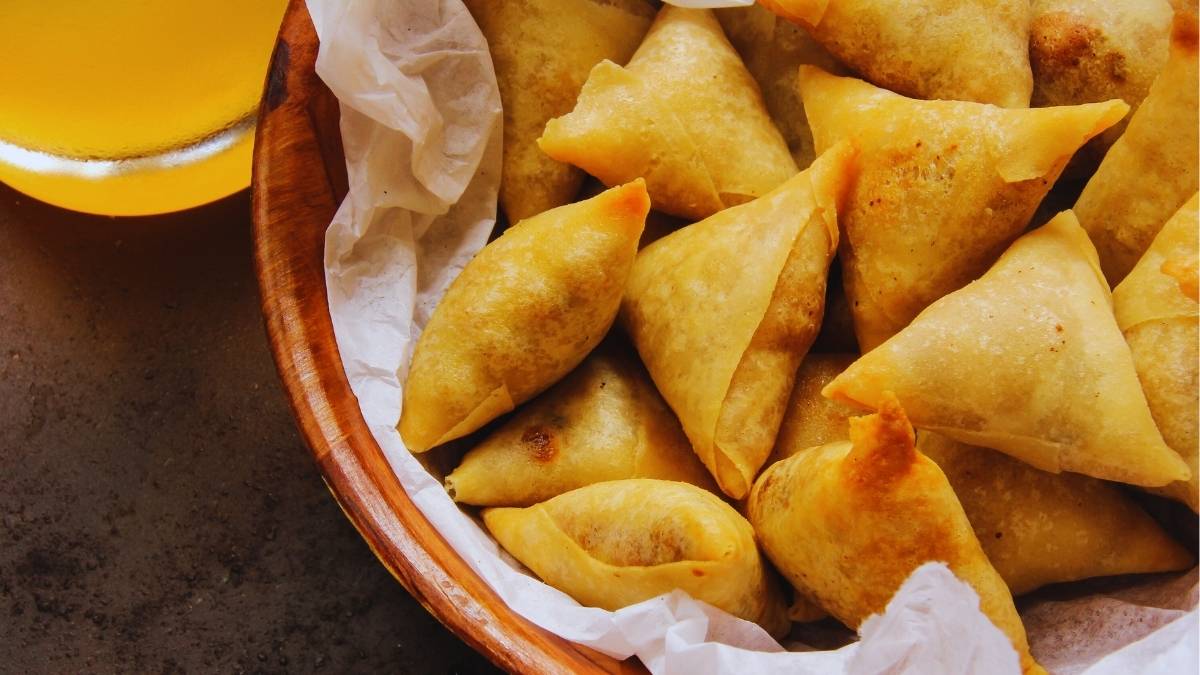In today’s world, it gets difficult to find a calm moment for yourself. Especially for women, balancing career, family and personal life becomes quite challenging, which eventually leads to burnout and depression. We recently caught up with Nancy Zabaneh, a Dubai-based wellbeing educator and trauma-informed facilitator, to explore how cultural roots, food, and small daily rituals can help women in the GCC reconnect with themselves, manage stress, and nurture resilience. Nancy’s mission is to expand wellbeing beyond the individual, weaving it into communities and systems where it is most needed. Here’s what she had to say:
1. Would you support including any specific Arab Foods or rituals to support emotional or mental well-being?
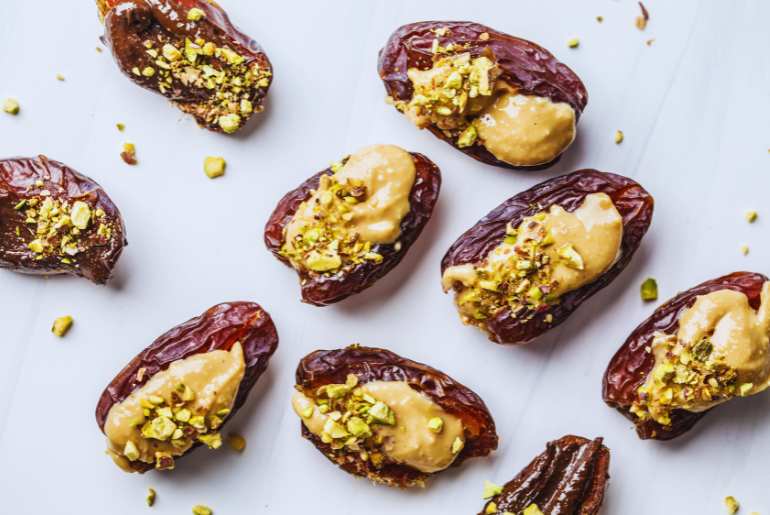
Nancy Zabaneh: “I am an Arab Canadian with roots in Palestine. For me, food is not only something to eat but also a way to remember who I am and where I come from.
In our Arab culture, food and emotions often go hand in hand. A typical pantry would have lentils, freekeh, dates, and olive oil, for example. These aren’t just ingredients; they hold memories of family, land, and tradition. We use herbs like sage, mint, and rose in teas, as well as za’atar and sumac in meals. Even fruits like figs, pomegranates, and oranges remind us that nature gives us what we need to stay balanced.
In my work as a wellbeing educator, I also talk a lot about these small traditions. They help us stay connected and more present. Wellbeing isn’t just one or two rituals. Food and nourishment are just as important.”
2. What role does communal eating with family or friends play in building resilience for GCC Women?
Nancy Zabaneh: “Sharing a meal has always been an important part of Arab culture. For many women in the Gulf, it’s still one of the best ways to connect with family members and friends. Over a meal, we also share stories, laughter, and care. These small moments help us build strength and balance, especially with our busy lives.
In my work with women across the region, I’ve seen how being together, whether it is around a table or in a wellbeing workshop, helps people feel safe and supported. It’s not just an idea. It’s something we feel in our bodies. When we connect with others, we find it easier to face challenges, stay resilient and feel at peace.
Even healing happens in a community. Think about someone going through a serious illness like cancer. When they are surrounded by people who care, they feel supported and loved. That sense of belonging makes a big difference. Shared experiences are a big part of emotional well-being.”
3. Do you believe reconnecting with cultural roots, through food or travel, can be a form of self-care?
Nancy Zabaneh: “My mission is to expand health and wellbeing beyond the individual, weaving it into communities and systems where it is most needed.
Through my workshops, retreats, and community gatherings over the past two decades, I have travelled to dozens of countries across the Middle East, South Asia, Africa, Europe, and North America. I’ve seen how reconnecting with our cultural roots is a meaningful part of wellbeing and self-care.
In my trainings, I bring together both Eastern and Western ways of thinking about wellbeing. Whether I’m in the UAE or somewhere else in the world, people always find meaning when they connect with where they come from. This particular connection can be through food, a ritual, or a place that holds personal significance.
So, whether it is travel or returning to a familiar destination, the experience helps us feel grounded and calm. For many in the GCC, remembering our traditions or visiting landscapes tied to our heritage can be deeply healing. After all, well-being is also about reconnecting with our culture and shared memories.”
4. How can culturally-rooted wellness practices support GCC women in navigating burnout?
Nancy Zabaneh: “I am living proof of this burnout crisis. In 2007, just after my third child was born, I hit a wall. From the outside, my life looked perfect! I had a great job leading corporate strategy and communications for well-known organisations in the Gulf, and I had a loving family with three young children.
But inside, I was exhausted and anxious. I felt like I was running on empty. That experience made me stop and ask myself one big question, ‘Who am I, really?’
My search for answers led me to study transpersonal counselling, Kundalini Yoga, and trauma-informed care. The practices that helped me heal later became the foundation of my work.
Today, when I support leaders and professionals, I see the same pattern: stress, burnout. Especially in the Arab world, where slowing down or asking for help can seem like weakness.
Our cultural wellness practices remind us to return to what is simple and real. Burnout often happens when we lose connection with ourselves, our bodies, and our sense of balance. Traditions like prayer, rest, or taking mindful pauses during the day help us heal and stay grounded.
Through my wellbeing programs, including addiction recovery courses in India, I’ve learned that addiction isn’t only about drugs or alcohol. In high-pressure environments, it can show up as overworking, perfectionism, or being glued to a screen. Deep down, it’s often a search for connection.”
5. For women constantly on the move, what are some small grounding practices they can carry anywhere?
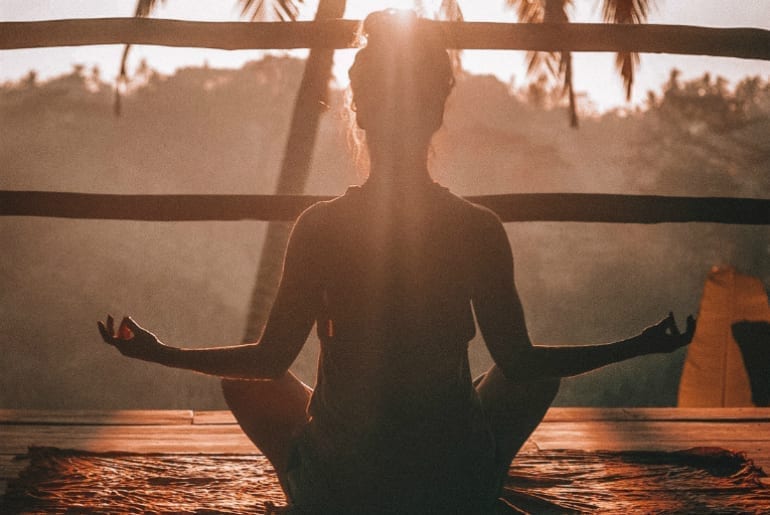
Nancy Zabaneh: “Even with busy lives, small rituals can create pockets of stillness:
- Take three deep breaths before beginning something new.
- Carry rose or frankincense oil and inhale gently when you need to return to yourself.
- Eat a few dates or nuts slowly as a mindful moment of nourishment.
- Sip a warm herbal infusion of sage, mint, or rose and take a brief pause.
- Before sleep, close your right nostril and breathe slowly through the left. This simple practice calms the nervous system and helps the body release the hormones that invite rest.
- Place a hand over your heart and offer gratitude for one simple thing.
These practices create continuity, small threads of inner connection you can carry wherever you go.”
6. What’s one small daily ritual you personally swear by to bring calm and clarity into your day?
Nancy Zabaneh: “I like to start my mornings slowly. I stay in bed for a few minutes and take deep, steady breaths until my breathing feels full and alive.
Then I do a few stretches to wake up my body before jumping into a cold shower. It sounds intense, but it clears my mind right away. After that, I drink a glass of water with lemon, a bit of cayenne, and sometimes Chinese herbs. It helps me start the day with awareness instead of rushing.
Before I eat, I pause for a moment. Sometimes I say a prayer, and other times I just sit quietly and feel grateful. These little rituals remind me that calm doesn’t just happen. It’s something we create through steady rhythms, mindful breathing, and appreciation for the simple parts of the day.”
Also Read: Saudi Arabia: Now Centralised Kitchens Must Have A Certified Food Safety Expert!
From taking deep breaths to sharing a meal with your loved ones, Nancy Zabaneh reminds us how to maintain a calm routine on a daily basis through small but meaningful rituals. By following the rituals of Nancy, GCC women can navigate burnout and cultivate a deeper sense of balance.
Cover Image Courtesy: Supplied, CanvaPro/Denys Gromov from Pexels
For more such snackable content, interesting discoveries and the latest updates on food, travel and experiences in your city, download the Curly Tales App. Download HERE. First Published: October 24, 2025 5:26 PM

